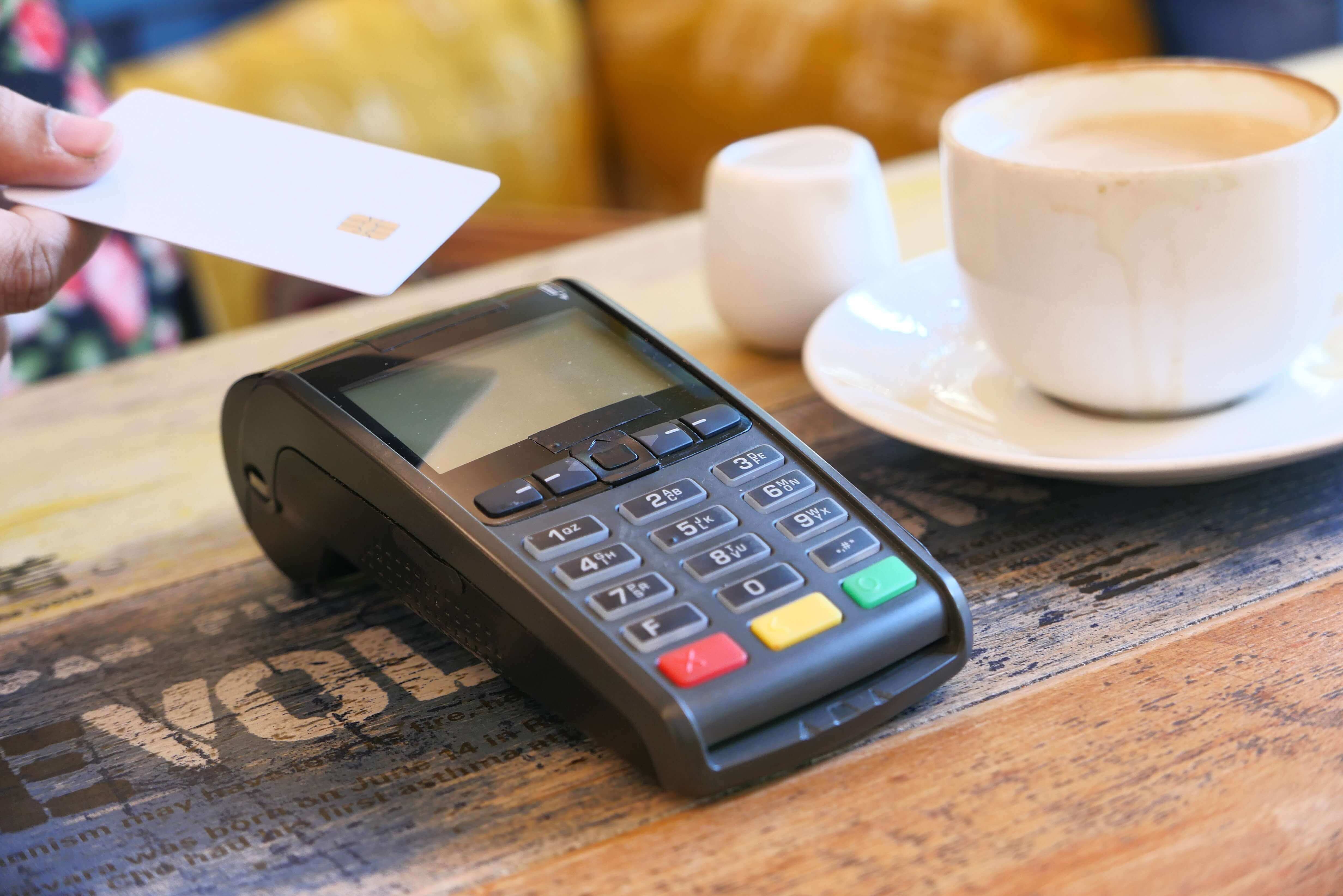Point of Sale (POS) systems have become increasingly popular over the years, and for good reason. They are an essential tool for any business that sells goods or services, allowing for quick and efficient payment processing, inventory management, and customer data analysis. In this article, we will explore the features and benefits of a POS system, and how it can help improve your business operations.
Everything You Need to Know About POS Systems?
A POS system is a software and hardware combination that allows businesses to manage their sales, inventory, and customer data in real time. It typically includes a touchscreen interface for entering sales transactions, a cash drawer for storing money, and a receipt printer for providing customers with a record of their purchases. Additionally, most POS systems are connected to a barcode scanner, allowing for quick and accurate product identification.
Features of a POS System
There are several key features that make a POS system a valuable asset for any business. These include:
- Payment Processing – A POS system allows businesses to accept various forms of payment, including cash, credit/debit cards, and mobile payments.
- Inventory Management – A POS system helps businesses keep track of their inventory in real time, ensuring that they always have the right products in stock.
- Customer Data Analysis – A POS system can provide businesses with valuable insights into customer behaviour, such as buying patterns and preferences.
- Employee Management – A POS system can track employee sales and hours worked, making it easier to manage payroll and scheduling.
Benefits of a POS System
- Improved Efficiency – A POS system speeds up the checkout process, allowing businesses to serve more customers in less time. It also simplifies the inventory management process, reducing the time and effort required to track stock levels.
- Increased Accuracy – A POS system ensures accurate pricing and inventory data, reducing the likelihood of errors or discrepancies.
- Enhanced Customer Experience – A POS system allows businesses to offer a variety of payment options, making it easier and more convenient for customers to make purchases.
- Valuable Data Insights – A POS system provides businesses with data on sales, inventory, and customer behaviour, allowing them to make informed decisions about their operations.
Choosing a POS System
Related Information:
Things to Know about Installing POS Thermal Receipt Printer Driver On PC
When choosing a POS system, it’s important to consider your business’s specific needs and requirements. Some factors to consider include:
- Budget – POS systems can range from a few hundred to several thousand dollars, so it’s important to choose a system that fits your budget.
- Scalability – If you anticipate growth or expansion in the future, it’s important to choose a POS system that can scale with your business.
- Integration – Make sure the POS system can integrate with other software and systems your business uses, such as accounting software or e-commerce platforms.
- Support – Choose a POS system with reliable and responsive customer support, as downtime or technical issues can have a significant impact on your business operations.
Conclusion
A POS system is a valuable tool for any business that sells goods or services. It allows for quick and efficient payment processing, inventory management, and customer data analysis, leading to increased efficiency, accuracy, and customer satisfaction. When choosing a POS system, it’s important to consider your business’s specific needs and requirements to ensure you select the right system for your business.

